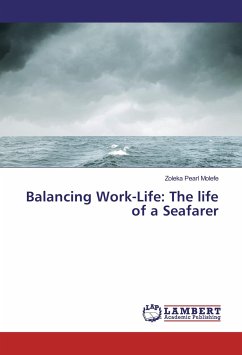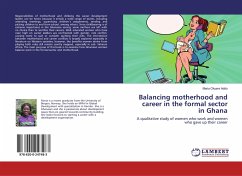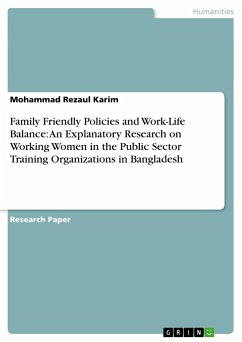Both men and women from developing and developed countries join the Maritime industry as seafarers on a daily basis. Statistics indicate that only 2% of all seafarers today are women who are largely concentrated in the cruise and ferries sector. They have been relegated to gendered positions on these ships. For instance, women occupy positions such as being part of the hotel staff or cabin stewards, which have been previously and historically considered to be work for women while the men occupy jobs that are considered to be masculine and more important. Seafarers at all levels engage in the industry for a variety of reasons; some are forced into a life at sea to eke out a living; while others spend years training to prepare for a career at sea. Seafarers spend long periods on board ships and are separated from their family. This work seeks to explore how the seafarer's long and regular absence from home affects both their work and family lives. In so doing the strategies that seafarers adopt to cope with their long absence from home and their extended time on the ship is sociologically understood.
Bitte wählen Sie Ihr Anliegen aus.
Rechnungen
Retourenschein anfordern
Bestellstatus
Storno








